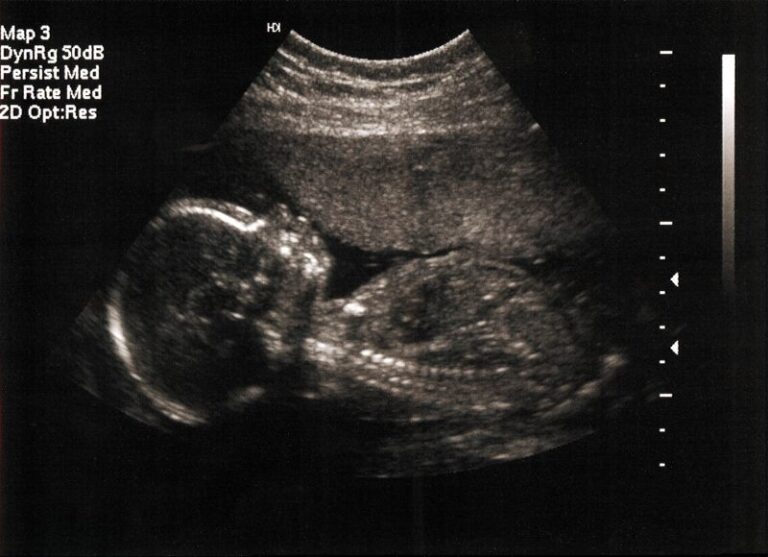FUKUI, Japan (WJW) – Scientists in Japan said they’ve discovered “a significant link” between certain fatty acids in umbilical cord blood and the symptoms of autism spectrum disorder (ASD).
The research team at the University of Fukui believe their findings could “pave the way” in better understanding how the disorder develops in children.
Their study, published on July 23 in the journal Psychiatry and Clinical Neurosciences, analyzed certain types of polyunsaturated fatty acids found in umbilical cord blood.
When these acids are broken down by a specific enzyme in the body, they produce two other fatty acids: one that causes inflammation and another that reduces it, explained professor Hideo Matsuzaki in a press release.
The researchers hypothesized that lower levels of anti-inflammatory fatty acid or higher levels of the opposing inflammatory fatty acid could “influence ASD symptoms,” Matsuzaki said.
To test their theory, the researchers investigated the link between fatty acids in cord blood and the ASD scores in 200 children.
Researchers obtained information about the children from the Hamamatsu Birth Cohort Study, which was created to understand how kids in Japan develop in their early years. The cohort study included women who were early in their pregnancy and visited Hamamatsu University Hospital or Kato Maternity Clinic between November 2007 and March 2011.
The cord blood samples were taken right after birth and preserved, while the children’s ASD symptoms and development were checked when they turned 6 years old.
During their recent analysis, the University of Fukui researchers said they identified one particular compound in cord blood, called diHETrE, that might affect the severity of autism symptoms.
Matsuzaki said the levels of diHETrE in cord blood at birth “significantly impacted subsequent ASD symptoms in children and were also associated with impaired adaptive functioning.”
“These findings suggest that the dynamics of diHETrE during the fetal period is important in the developmental trajectory of children after birth,” he added.
While the researchers believe their findings could be crucial in understanding or diagnosing autism in the future, James McPartland, a child psychiatry and psychology professor at Yale University, told Newsweek more research is needed.
“This is an exploratory study investigating potential mechanisms for autism clinical features that are not established and presently not well understood,” McPartland said. “Its significance lies in generating hypotheses to be tested in more rigorous future studies, but it provides limited information on which to draw conclusions or guide clinical decision-making.”
Autism spectrum disorder is a neurodevelopmental disorder affecting learning capability and social behavior. In 2020, about 1 in 36 U.S. children over the age of 8 had been diagnosed with it, according to the U.S. Centers for Disease Control and Prevention.
This article was originally published by a www.kxan.com . Read the Original article here. .



